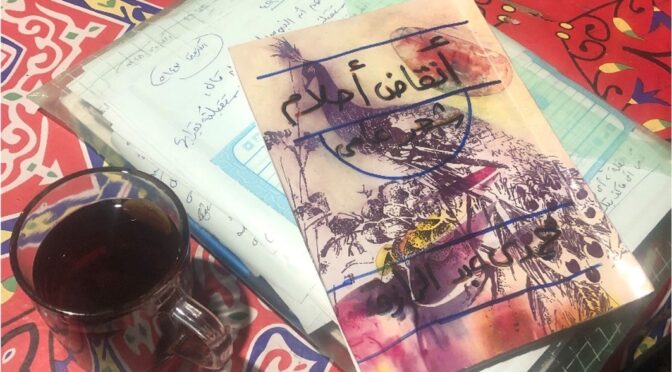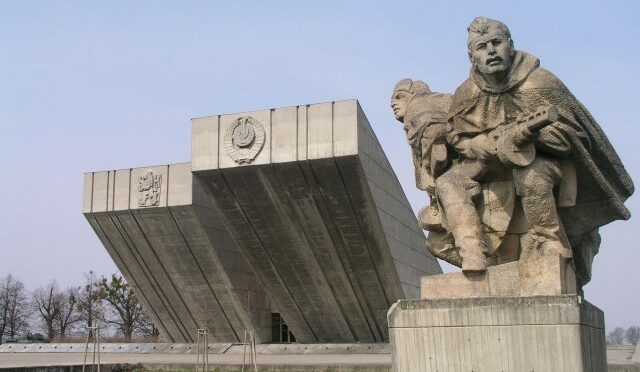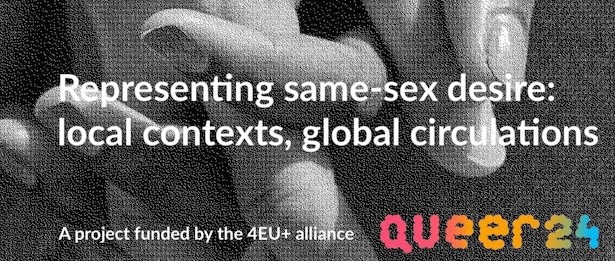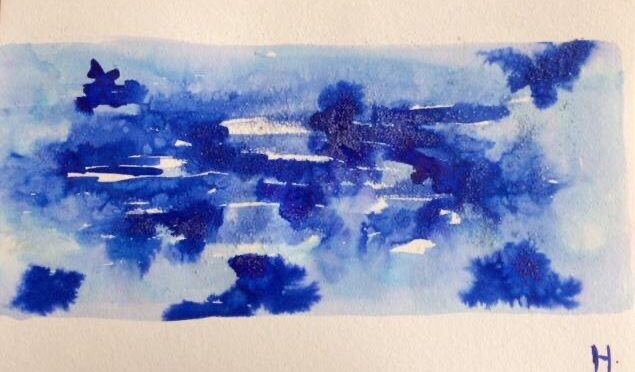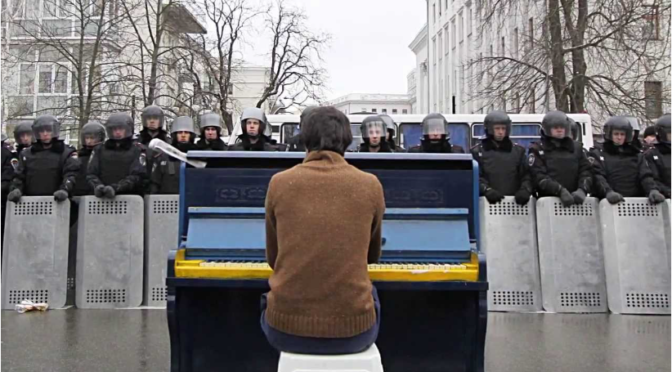representing queer desire.
local contexts, global circulations
A project funded by the 4EU+ University Alliance, developed by Sorbonne University (Paris), the Faculty of Arts, Charles University (Prague), the Universities of Copenhaguen, Milan and Warsaw, and CEFRES.
Project coordinators:
Josef Šebek, Charles University, Faculty of Arts, Department of Czech and Comparative Literature – principal investigator of the 4EU+ minigrant
Mateusz Chmurski, CEFRES – French Center for Research in Humanities and Social Sciences, Prague / Sorbonne Université
Carlotta Cossutta, Università degli Studi di Milano Statale / FUEL – Feminist and Queer Philosophy Lab
Libuše Heczková, Charles University, Faculty of Arts, Department of Czech and Comparative Literature / Centre of Gender Studies
Anton Juul, University of Copenhagen / Centre for Gender, Sexuality and Difference
Iwona Kurz, Uniwersytet Warszawski, Instytut Kultury Polskiej
Jean-François Laplénie, Sorbonne Université / Initiative Genre Philomel
Abstract
The project intends to develop a network of 4EU+ colleagues working on LGBTQ+ cultural and literary history around a book project for the International Comparative Literature Association series’ Comparative History of Literatures in European Languages (ICLA CHLEL). Continue reading Boundless Affections →

